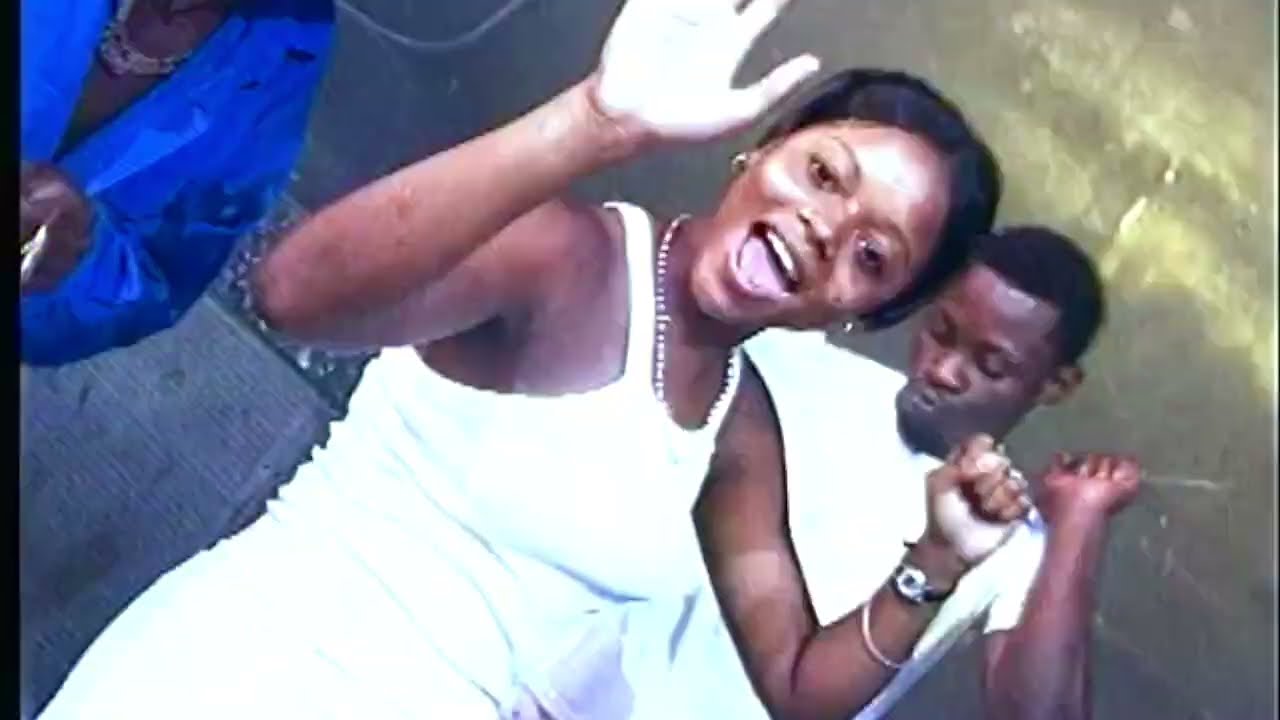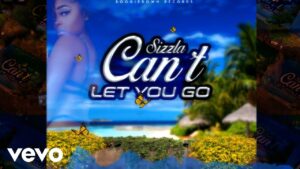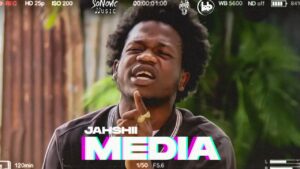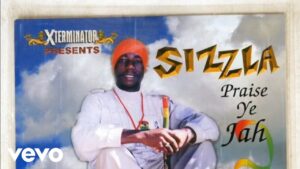
Beenie Man “Good Times” (1998)
2022
@LeoOReggio
Facebook: facebook.com/everoreggio
Anthony Moses Davis (born 22 August 1973), better known by his stage name Beenie Man, is a Jamaican Dancehall deejay.
Davis was born in the Waterhouse district of Kingston in 1973. He was involved in the music industry from a young age, started toasting at the age of five, and was encouraged by his uncle Sydney Knowles, who played drums for Jimmy Cliff. He won the Tastee Talent contest in 1981, and Radio DJ Barry G introduced him to local sound system operators, who helped to establish the popularity of the young deejay, who became known as Beenie Man. He recorded his debut single, “Too Fancy”, with record producer Henry “Junjo” Lawes in 1981, with Lawes also including him on the 1983 album Junjo Presents Two Big Sounds alongside established stars such as Dillinger, Fathead, and Ringo. His debut album, The Invincible Beenie Man: The Ten-Year-Old DJ Wonder, was produced by Bunny Lee and released in 1983, his first hit single following the same year with the Winston Holness-produced “Over the Sea”. In 1984 Beenie Man recorded some material with Barrington Levy (released ten years later), but his music career was put on hold while he finished school, and spent time traveling to the United Kingdom, United States, and Canada.
1990s return
Beenie Man continued performing and honed his craft beside the then dominant Dancehall figures including Ninjaman, Admiral Bailey, and Shabba Ranks. He found his artistic home at the Shocking Vibes studio where he continued to record singles with only moderate success in the early 1990s. His career gained momentum after a performance at the Reggae Sunsplash festival in 1992, and a rivalry with Bounty Killer began the following year after Beenie Man was accused of stealing Bounty Killer’s style and catchphrases. The rivalry was captured on the 1994 album Guns Out, with the two artists settling the feud with a soundclash. Beenie Man had his first number-one single in Jamaica in 1993 with “Matie” (Produced by Ephraim Barrett, Donovan, and Dave Mills on the Shelly Power Records label) and he won the DJ of the Year Award the same year, the first of eight consecutive awards.
He took another step up the ladder in 1996, releasing the seminal Maestro, produced by Patrick Roberts, and shot him to UK fame. During the period from the mid to late 1990s, Beenie Man dominated the Jamaican charts to the extent that he perhaps had a good claim to the crown of “Dancehall King”, a title only bestowed previously on Yellowman in the early 1980s. Beenie Man’s first real break into the United States came in 1997. He heard an instrumental rhythm by an unknown producer named Jeremy Harding and demanded to add his voice to the rhythm. So this was the birth of his first international hit; he recorded “Who Am I” and the single quickly went Gold. It opened the doors for the world to see a new reggae star in the pages of Newsweek and other major media outlets. The same year, Beenie Man topped the Jamaican singles chart with seven different singles.
Beenie Man appeared as himself in the 1997 film Dancehall Queen.
In 1998, Beenie Man headlined Reggae Sunsplash and signed to Virgin Records to release albums in the United States. His first American offering was The Doctor (1998). During the late 1990s, Beenie Man began his conquest of America with the hits, “Romie”, “Who Am I”, and “Girls Dem Sugar”, which featured American R&B singer, Mýa. During this time he received an impressive number of international music awards including a MOBO Award for Best International Reggae Act in 1998 while remaining at the top of the local charts. In 2000, Beenie Man released Art & Life, which featured Arturo Sandoval and Wyclef Jean (The Fugees), for which received a Grammy Award for Best Reggae Album. In the same year, he co-produced (with Wyclef Jean) the debut album by actor Steven Seagal.
In 2002, he had a sizeable hit with a duet with Janet Jackson called “Feel It Boy”, but his biggest break in America came in early 2004 with the release of a remix of “Dude”, featuring guest vocals by fellow Jamaican Ms. Thing as well as rhymes by Shawnna. He thus cemented his fan base on both sides of the Atlantic.
He had hits in the UK in 1998 with “Who am I” (#10), in 2003 with “Street Life” (#13) and “Feel It Boy” (UK #9), a duet with Janet Jackson, and in 2004 with “Dude” (#7) and “King of the Dancehall” (#14). Also in 2004, The Associated Press observed that Beenie Man had “become a name-brand artist worldwide” and called him “king of the dancehall reggae scene”.
In 2014, Beenie Man and long-term rival Bounty Killer put aside their differences and recorded a single together, “Legendary”. The two performed a well-received Verzuz battle together on Instagram during the COVID-19 pandemic quarantine on 23 May 2020. Around that time, Vibe described them as “two of the most legendary icons in dancehall.”









 @ Rock The Bell..
@ Rock The Bell.. 


